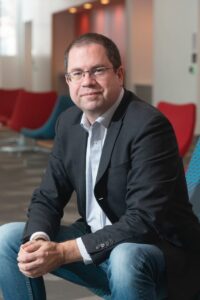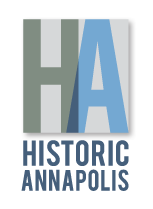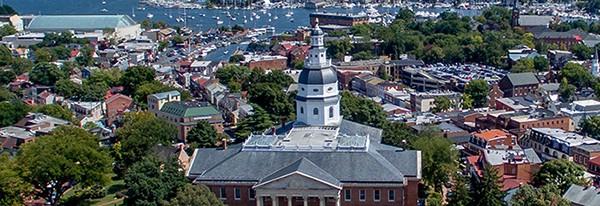Date: Tuesday, July 8, 2025
Time: 7:30 pm (EDT) - 9:00 pm (EDT)
 “The Great Awakening” presented by Dr. Richard Bell
“The Great Awakening” presented by Dr. Richard Bell
The Great Awakening was a major revitalization of Christian faith and practice that swept through the American colonies in the 1700s. It marks the moment at which new faiths began to compete with Puritanism, Anglicanism, and Quakerism for the hearts and minds of American colonists. But how did it happen—and why? What were preachers like Jonathan Edwards and his Baptist and Methodist competitors saying about heaven and hell, about this world and the world to come? What recruitment strategies did they use to try to grow their denominations? Why did so many Americans respond to them so emphatically? More importantly, what were the consequences of the Great Awakening? What was at stake? Why does it matter today?
The Historic Annapolis 2025 Virtual Lecture Series is offered free of charge thanks to the generosity of an anonymous donor. If you enjoy this program, we hope you will consider becoming a member or making a donation today to support Historic Annapolis and our mission to connect all people with our shared history.
Can’t watch the lecture live? The lecture will be recorded! Please register even if you cannot watch in real time; all attendees will receive a link to the recording of the lecture to watch at their convenience for two weeks. Live closed captioning is available for all lectures.
This lecture will be offered virtually by Zoom. Upon registration, you will be sent the link for the video conference to join on the evening of the lecture. If you do not receive your confirmation email after you register, please check your Spam folder, or email Cara Garside at cara.garside@annapolis.org. To learn more about Zoom and to download the app to your computer, visit the Zoom website.
About our Presenter:
Dr. Richard Bell is Associate Professor of History at the University of Maryland and author of the new book Stolen: Five Free Boys Kidnapped into Slavery and Their Astonishing Odyssey Home. He has won more than a dozen teaching awards, including the University System of Maryland Board of Regents Faculty Award for Excellence in Teaching, the highest honor for teaching faculty in the Maryland state system. He has held major research fellowships at Yale, Cambridge, and the Library of Congress and is the recipient of the National Endowment of the Humanities Public Scholar award. He serves as a Trustee of the Maryland historical Society, as an elected member of the Massachusetts Historical Society, and as a fellow of the Royal Historical Society.



